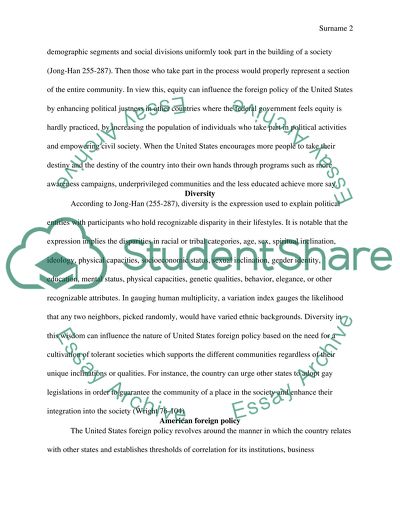Cite this document
(“Foreign Policy Essay Example | Topics and Well Written Essays - 1250 words”, n.d.)
Retrieved from https://studentshare.org/history/1439743-foreign-policy
Retrieved from https://studentshare.org/history/1439743-foreign-policy
(Foreign Policy Essay Example | Topics and Well Written Essays - 1250 Words)
https://studentshare.org/history/1439743-foreign-policy.
https://studentshare.org/history/1439743-foreign-policy.
“Foreign Policy Essay Example | Topics and Well Written Essays - 1250 Words”, n.d. https://studentshare.org/history/1439743-foreign-policy.


